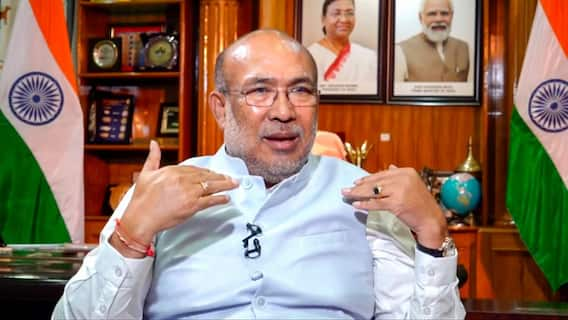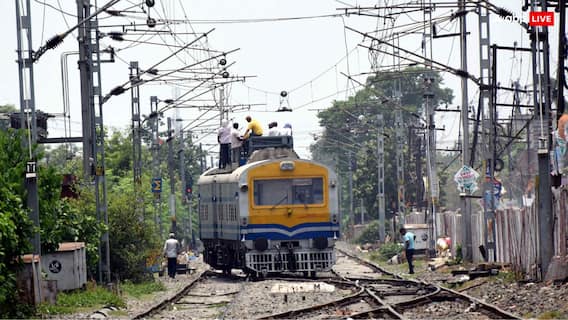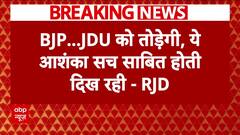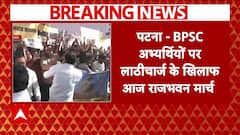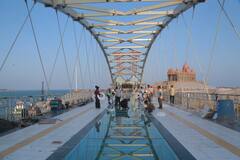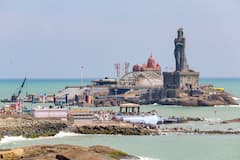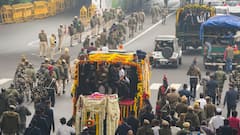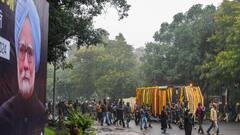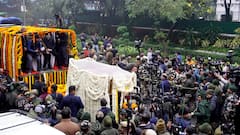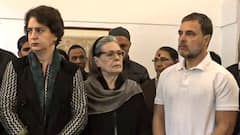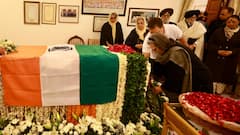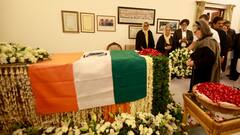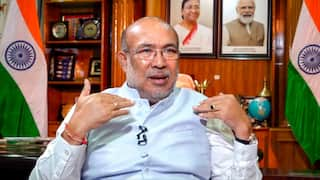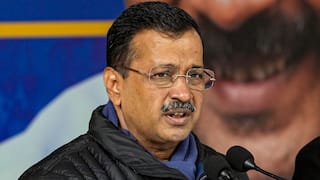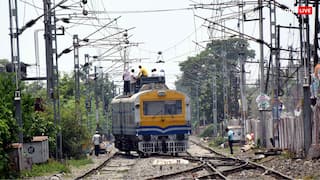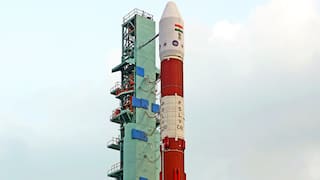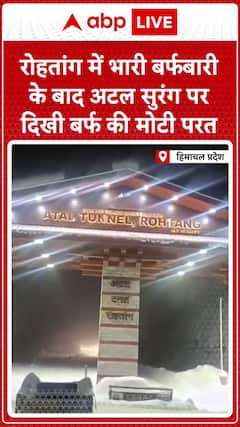Ultraviolet Radiation Equipment Installed In Rajya Sabha To Contain COVID-19 Spread
The ultraviolet C-band radiation technology has been developed by CSIR-CSIO.

New Delhi: Rajya Sabha chairman M Venkaiah Naidu on Monday said ultraviolet C-band radiation equipment has been installed in chambers of the House to contain the spread of coronavirus.
"I am happy to inform you all that the secretariat has recently installed another safety measure in the chambers of this august House to contain the spread of coronavirus. Equipment has been installed to contain the spread of virus through ultraviolet C-band radiation which is very effective in killing the virus," he said.
The technology has been developed by CSIR-CSIO.
Speaking on the first day of the second part of the Budget Session, Naidu noted that with the waning of the third wave, both the Houses of parliament have returned to sitting from 11 am as against working in two shifts during the first part of the session.
"We still need to be careful and hence, some of the honourable members are being seated in the galleries of this House. I urge upon all of you to follow Covid appropriate behaviour, both within and outside the House," he underlined.
Referring to the evacuation of Indian students from war-hit Ukraine, he said it was a very challenging task.
"The Government of India rose to the occasion in evacuating Indian students as well as some students of other nationalities. These efforts are praiseworthy," the chairman said.
The House had taken a 30-day recess for the Department Related Parliamentary Standing Committees (DRSCs) to examine the Demands for Grants of various ministries for the year 2022-23.
The eight DRSCs of Rajya Sabha have held a total of 21 meetings for a duration of 73 hours and 33 minutes, and examined the Demands for Grants of 18 ministries encompassing 32 departments.
"I am happy to share with you all that the average duration of these 21 meetings was 3 hours and 30 minutes per meeting which is the best in this regard so far. This marked an increase of one hour and 17 minutes per meeting, a rise of 56 per cent over that of last year," Naidu said.
The RS chairman also noted that there was a decline in the average attendance of meetings this year from that of last year.
"I understand that the recent assembly elections was a major factor that pulled down the attendance," he said.
Regarding attendance in the meetings of DRSCs, Naidu said a couple of chairmen met him Monday morning and expressed concern over inadequate attendance in committees that deal with specialised and technical issues.
"This calls for the need to nominate members on committees based on their background and interest in subject domain... Attending meetings should be given priority by the members. Elections are important, but attending committee meetings need to be given due priority," Naidu said.
He further said the first part of the Budget Session that had 10 sittings marked a refreshing break from the turbulence of some previous sessions.
There were no forced adjournments of the House during the first part. As a result, the productivity of the House was 101.40 per cent, he said.
Naidu appealed to the members to sustain the "positive spirit" during the 19 sittings of the second part of the session so that the House clocks productivity higher than 94 per cent of the Budget Session of last year.
Trending News
Top Headlines






